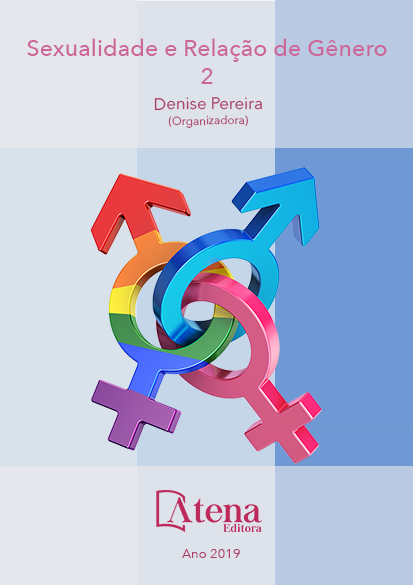
ESTRUTURA DA REPRESENTAÇÃO DA(S) TRANSEXUALIDADE(S) POR MULHERES (TRANSEXUAIS)
Este trabalho visa apresentar os
resultados obtidos a partir de uma pesquisa sobre
o núcleo central e a periferia das Representações
Sociais da(s) transexualidade(s) entre 27
mulheres (transexuais) que foram e/ou estão
em atendimento na Associação de Travestis
de Salvador (ATRAS). O instrumento utilizado
para coleta de dados comportou informações
acerca das características sociodemográficas
e da técnica de associação livre de palavras,
tendo como termo indutor “Eu mesma, mulher
(transexual)...”, seguida da hierarquização,
conotação - em termos de positivo, negativo ou
neutro - e da justificativa ao termo classificado
como o mais importante. Os dados foram
processados pelos softwares Evocation 2005
- para identificação da saliência por meio do
quadro de quatro casas - e Iramuteq - para
construção da árvore máxima de similitude
e identificação do índice de centralidade e
da conectividade entre os termos evocados.
Os resultados evidenciam à saliência e
centralidade dos termos preconceito, mulher,
luta e medo. Assim, conclui-se que, para o
grupo investigado, o percurso da ‘transição’
do gênero assignado para o autorreferido e
o caráter (ainda) inconcluso de seus corpos
implicam, em alguns momentos, de serem
vistas/notadas como ‘estranhas’ e ‘exóticas’.
Esses aspectos se traduzem em preconceito,
medo e luta que compõem suas representações
sobre as próprias vivências.
ESTRUTURA DA REPRESENTAÇÃO DA(S) TRANSEXUALIDADE(S) POR MULHERES (TRANSEXUAIS)
-
DOI: 10.22533/at.ed.49019160122
-
Palavras-chave: Transexualidade, Representações Sociais, Associação Livre de Palavras.
-
Keywords: Transsexualities, Social Representations, Free Association.
-
Abstract:
This paper aims to present the results obtained from a research on the
central core and the periphery of Social Representations of transsexualities among
27 women (transsexuals) that were and/or are being attended at the Transvestite
Association of Salvador (ATRAS). The instrument used for data collection comprised
information on sociodemographic characteristics and free association technique,
using as induction term “I myself, a woman (transsexual)...”, followed by the hierarchy,
connotations – in positive, negative and neutral terms – and of the justification to the
term classified as the most important. Data was processed using the Evocation 2005
software – for identification of the salience through the four-house chart - and Iramuteq
– for the construction of the maximum similitude tree and identification of the core
index and connectivity among the terms evoked. The results evidence the salience and
centrality of the terms prejudice, woman, struggle and fear.Thus, it can be concluded
that, for the investigated group, the path of ‘transition” of the assigned gender to the
self-referred gender and the (still) unconcluded characteristics of their bodies implies,
on some moments, being seen/observed as being ‘strange’ and ‘exotic’. These aspects
are translated as prejudice, fear and struggle that comprise their representations on
their own experiences.
-
Número de páginas: 15
- Cleuma Sueli Santos Suto
- Dejeane de Oliveira Silva
- Maria Thereza Ávila Dantas Coelho
- Jeane Freitas de Oliveira
- Carle Porcino


